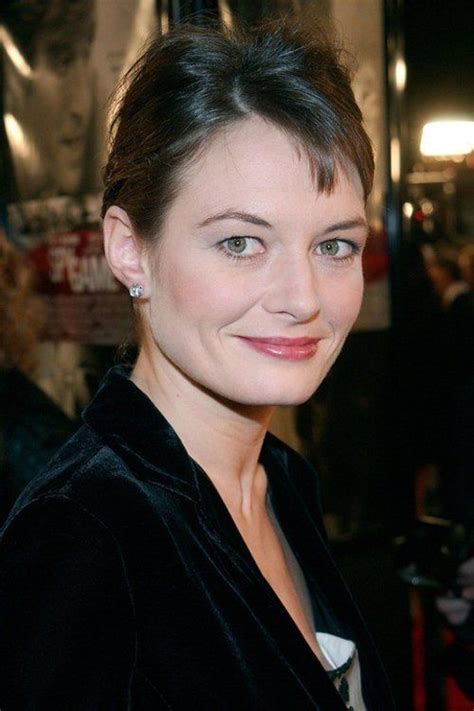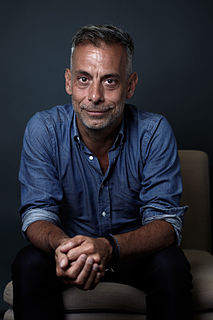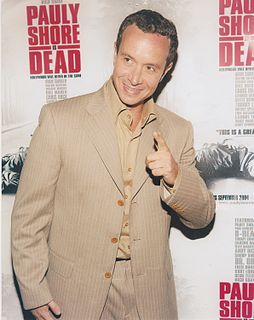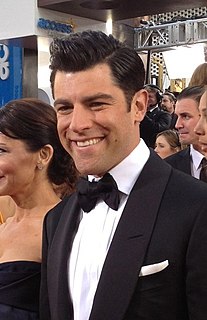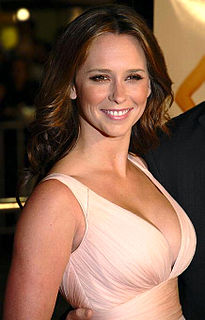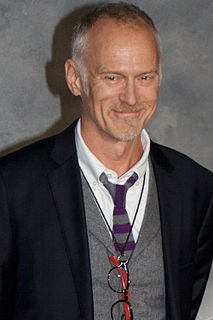A Quote by Catherine McCormack
Actors are accustomed to doing exactly what the director or writer requests us to do, and rarely get involved in that part of the process.
Quote Topics
Related Quotes
I love actors. Part of that is my theater background and being a writer who cares about performance. Actors have usually chosen their profession because they have a dream of doing it and they want to express something about the world. That's the same thing that I have with writing. Most of the good actors get into it for those reason, rather than for reasons of fame or fortune, or anything like that, and that's where I'm coming from, as a storyteller.
The dream, I think, with any project is it starts with an idea, and then somebody writes it, and the writer hopes that a director comes on and makes this piece of material visual, and both the director and writer hope that they can have actors come in and bring something to it that neither one of them expected, elevating it along the way.
When I'm in the studio, I write the music, I play the different instruments, I produce it, I arrange it, and it's a self-indulgent exercise. It's the way I make my music. And when I'm acting, I get to leave myself behind, which is a relief. I get to collaborate with a director; I respect the director's medium and all the actors and actresses. So at the end of the day, it's about a character and it's about a director's vision. It's a really good balance for being so intense and alone in my personal process of making music.
You can't create chemistry. In fact, the chemistry between two actors is for people to see, sense, and judge. The only thing we can do as actors is to come on board individually because we feel the same kind of passion for a script and for a director to cast us because he feels that, as actors, we'll do justice to that part.
As an actor, it's always important to understand what the director is after. That, to me, is my job. When I'm acting, I like to ask a lot of questions and understand exactly why the director is doing what they're doing, so that I can provide him or her with the ingredients that they need to get the scene that they want. It's not to challenge them, in any way. It's just so that I can do my job best.
Sometimes as actors and artists, we don't really get to be an effective and integral part of the promotional process, other than doing interviews. With Twitter and Facebook now, and all of this stuff, it really allows us to play and have fun, vis-à-vis the pictures that I send out on Twitter every day, or little videos, or whatever it is.
